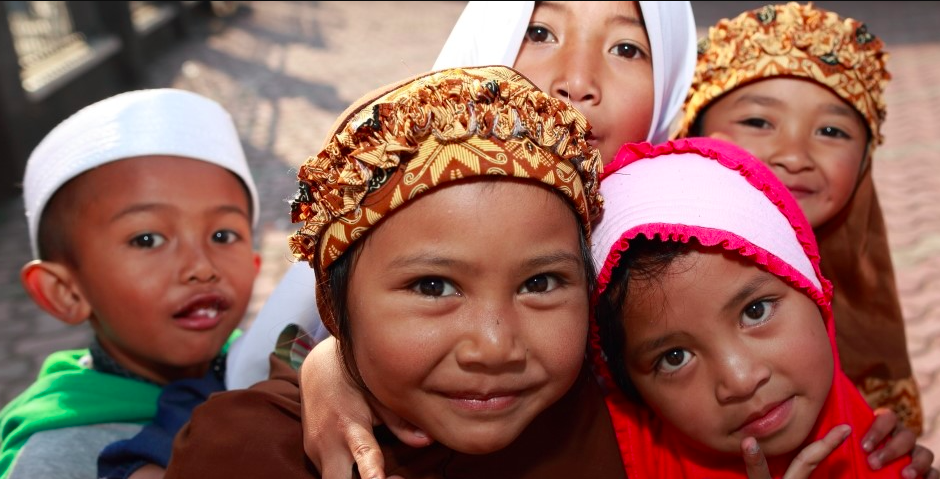NUR-SULTAN – Kazakhstan shared the work done in the country to protect civil registration rights during the United Nations Economic and Social Commission for Asia and the Pacific (UN ESCAP) presentation of the Civil Registration and Vital Statistics (CRVS) Decade’s midterm report on July 1, reported the press office of the UN ESCAP.

The next conference on CRVS is scheduled for November later this year. Photo credit: UN ESCAP.
The report highlights civil registration as an essential right that sets up children for safe existence with a legal identity granting them access to services and protections. The question of stateless people is mentioned as the main issue to resolve in order to ensure the realization of everyone’s right to good governance, support and development.
“The report shows that the Asia-Pacific region is on the right track towards achieving its goal of flexible CRV systems. By continuing these efforts, we will be able to achieve our target of providing a legal identity for all, which will contribute to the implementation and achievement of the goals of the 2030 Agenda for Sustainable Development,” said Chair of the Regional Steering Group for CRVS in Asia and the Pacific Kamni Naidu.
Chief Expert of the Office of Regulatory Support and Control over the Registration of Civil Status Acts and Apostille of the Kazakh Ministry of Justice Almas Khisanov shared at the meeting the legal measures set up in Kazakhstan to protect civil registration rights of the country’s residents, especially children.
“In Kazakhstan, all children are given a birth certificate as the main identification document. For the timely registration of birth and prevention of statelessness, Kazakhstan’s legislation provides all the necessary conditions, including those for foreign citizens,” said Khisanov.
In order to prevent the statelessness of children, Kazakhstan adopted a law on public services back in 2019 that provides guidelines for situations when children are born to a mother without identity documents. Since 2020, 5,515 births have been registered without the official identity documents of the mother.
The procedure of registering children with foreign birth certificates, including official foreign documents, copies and medical certificates, has also been systematized. Legal assistance for the restoration of citizenship and obtaining identity documents is provided.
Assessing inequalities in access to civil registration rights was highlighted as a major recommendation for the participating countries to achieve universal registration by the end of the decade.
The Civil Registration and Vital Statistics Decade started in 2015 and will last until 2024 and is dedicated to achieving universal and responsive civil registration and vital statistics systems for everyone in the Asia-Pacific region.


